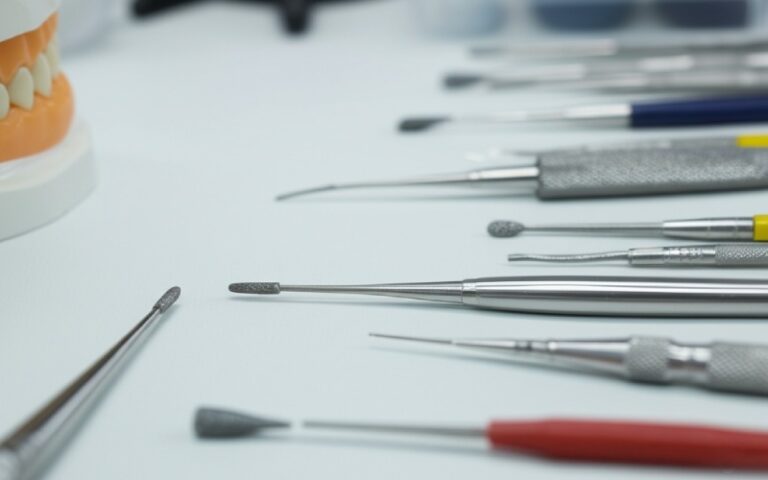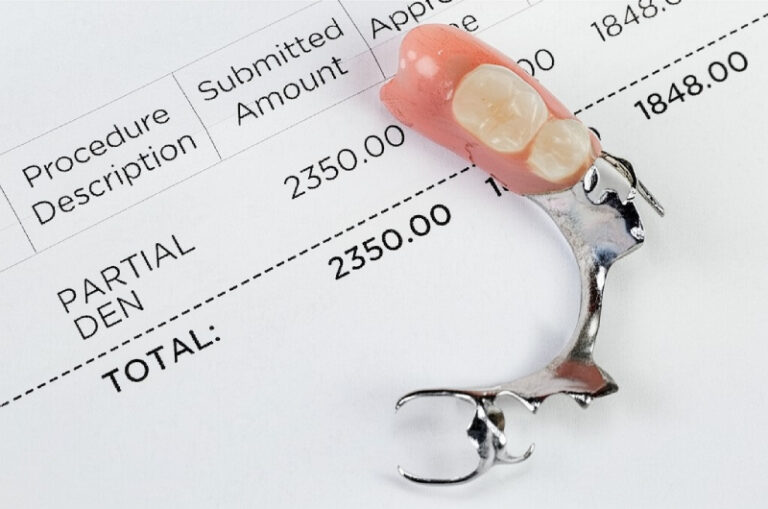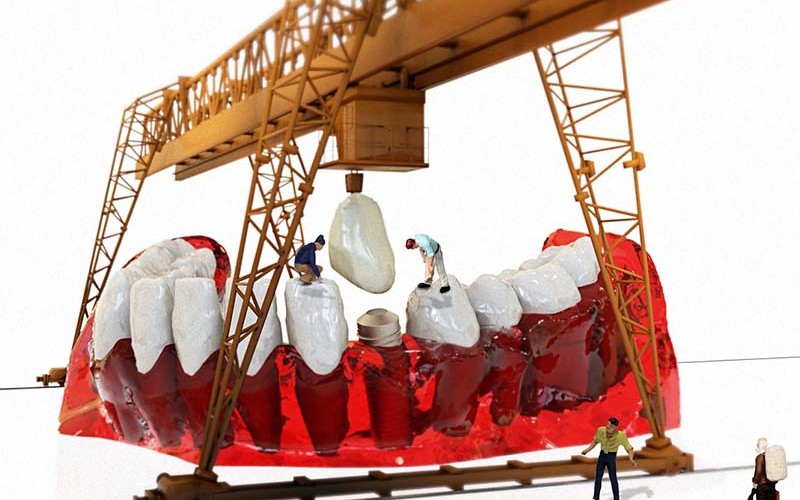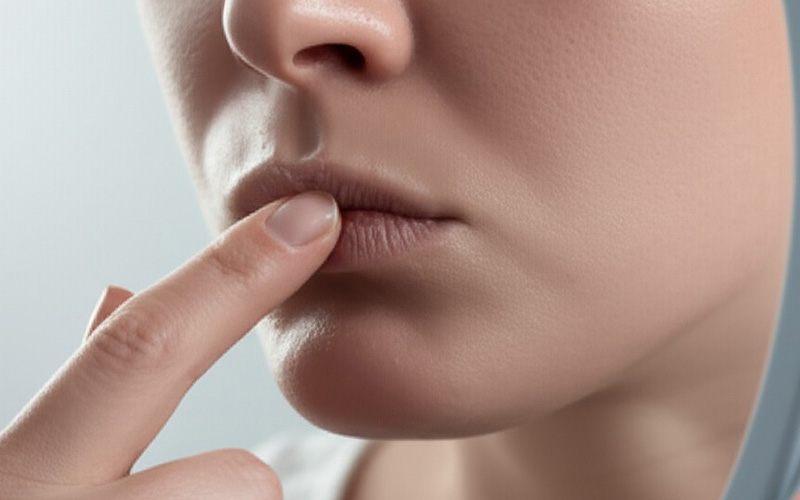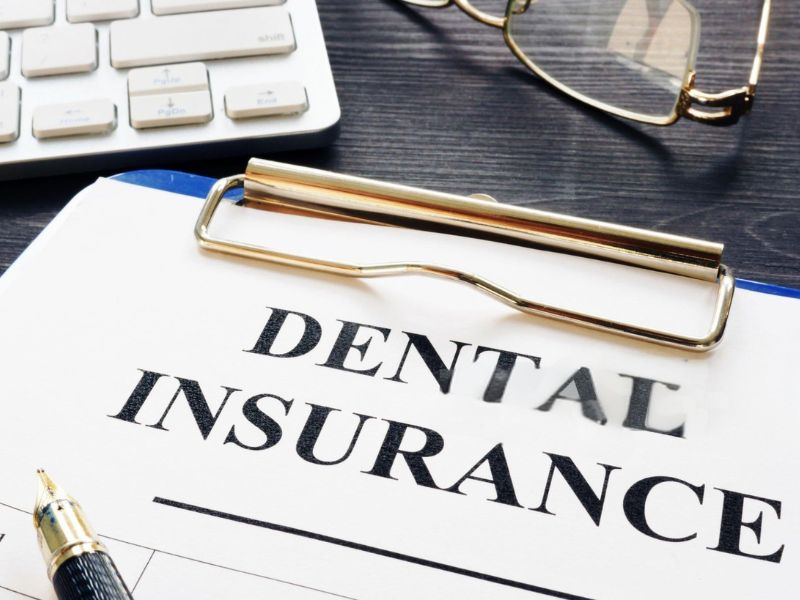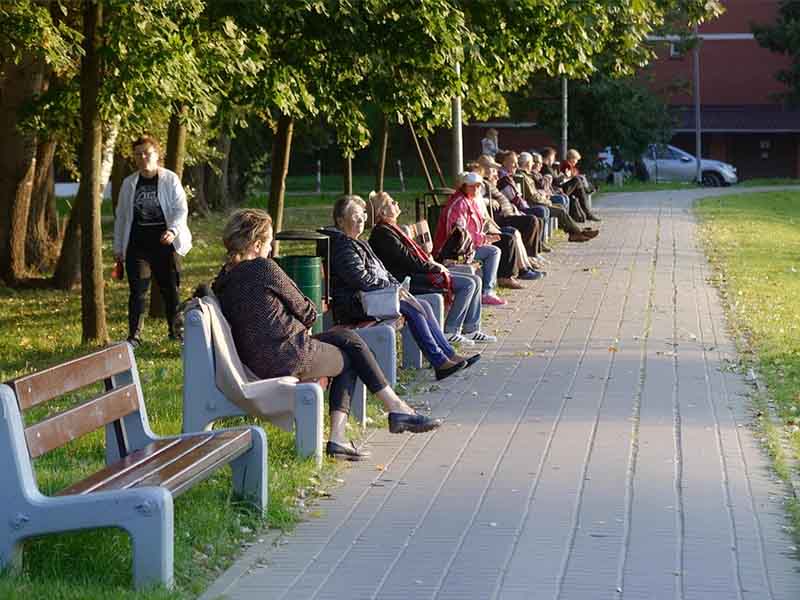
The Surprising Link Between Aging and Tooth Loss in Older Adults: A Public Health Risk You Can’t Ignore
Many people think losing a tooth is just a normal part of getting older. But it’s not. Tooth loss in older adults is a serious issue. It has a direct link to overall health, nutrition, and even your happiness. This article will show you the real causes of tooth loss. We will look at the link between your mouth and your body. Most importantly, we will talk about what you can do to keep your smile healthy for life. This is a public health problem we can solve.
Table des matières
Why is Tooth Loss Such a Big Deal for Older Adults?
It’s more than just a cosmetic issue. For older adults, losing a tooth can be the start of a serious decline in health. Think about it. Your teeth have a very important function. They help you chew your food properly. Good nutrition is key to staying strong and healthy, especially as you get older. When you have missing teeth, it’s hard to eat healthy foods like fresh fruits and vegetables. This can lead to poor nutrition and weakness.
The problem goes beyond just eating. Your overall health is closely tied to your oral health. An unhealthy mouth can be a sign of other problems in your body. Total tooth loss, a condition called edentulism, can affect your speech and even the shape of your facial features. For many older adults with tooth loss, it can also lead to social isolation and depression. They may feel ashamed of their smile and avoid spending time with others. This is why we must take tooth loss among older adults seriously. It affects both physical and mental well-being.
What Are the Main Causes of Tooth Loss as We Age?
The main causes of tooth loss are not a mystery. They are things we can often control. The number one cause is dental caries, which is the fancy term for a cavity. A cavity is a hole in your tooth caused by decay. If a cavity is not treated, it can get bigger and deeper. It can destroy the tooth from the inside out. Eventually, the tooth may become so damaged that it has to be removed. This is a common cause of tooth loss in seniors.
Another major cause is gum disease. This disease attacks the gums and the bone that hold your teeth in place. We will talk more about that next. Other factors also play a role. For example, a decline in saliva production, often called dry mouth, can increase your risk for a cavity. Dry mouth can be a side effect of medication many older adults take. Poor oral hygiene is also a big cause. The process of aging itself doesn’t cause tooth loss, but some of the health changes that come with aging can increase the chances of losing a tooth.

Is Periodontal Disease a Major Cause of Losing a Tooth?
Yes, absolutely. Periodontal disease is a leading reason for tooth loss among adults. Periodontal disease is another name for serious gum disease. It starts with bacteria in your mouth. This bacteria forms a sticky film on your teeth called plaque. If not removed, it hardens and causes inflammation of the gums. Your gums might look red, swollen, and may bleed easily. This is the first stage.
If the disease gets worse, it starts to damage the tissue and bone that support your tooth. The gums pull away from the tooth, creating little pockets. These pockets can get a deep infection. The body’s immune system tries to fight the infection, but in doing so, it can also break down the bone and connective tissue that hold the tooth in place. Over time, the tooth becomes loose. Without treatment, you can lose the tooth. This is why treating periodontal disease early is so important for keeping your natural teeth.
How Does a Decline in Dental Care Affect Permanent Teeth Remaining?
Access to care is a huge piece of this puzzle. As people age, getting to the dentist can become harder. For many older adults, especially those aged 65 years and older, a decline in mobility can make trips difficult. Another big issue is cost. Many people are surprised to learn that regular Medicare does not cover most dental care. It doesn’t pay for cleanings, fillings, or a denture. This lack of coverage means many older people on fixed incomes cannot afford the dental work they need.
This is a serious problem. A survey from the National Institute of Dental and Craniofacial Research shows that socioeconomic status has a big link to tooth loss. People with lower incomes tend to have fewer permanent teeth remaining. Without regular dental check-ups, small problems like a cavity can turn into big problems that require a tooth to be pulled. This is why public health efforts are focused on finding ways to improve access to affordable dental care for every older adult.
What’s the Connection Between Tooth Loss and Other Serious Diseases?
The link between tooth loss and other diseases is powerful and, frankly, a little scary. Your mouth is a window to the rest of your body. The inflammation and bacteria from oral disease, like gum disease, don’t just stay in your mouth. They can get into your bloodstream and travel throughout your body. This creates an association with other serious health problems. For example, there is a strong link between periodontal disease and heart disease. The inflammation can contribute to clogged arteries.
Studies also show a clear link with diabetes. People with diabetes are at a higher risk for gum disease, and serious gum disease can make it harder to control blood sugar. This creates a dangerous cycle. Some research has even found an association between poor oral health and certain types of cancer. The Centers for Disease Control and Prevention (CDC) has stated that good oral health is part of good overall health. A healthy mouth can help you avoid other serious diseases. This is a key reason to focus on your dental health.
Can Poor Nutrition Lead to Tooth Loss?
This is a great question, and the answer is yes. Nutrition is a two-way street when it comes to oral health. First, what you eat directly affects your teeth and gums. A diet high in sugar and starches feeds the bad bacteria in your mouth. This bacteria produces acid that attacks tooth enamel, which leads to a cavity. Eating a balanced diet with plenty of vitamins and minerals helps keep your teeth and gums strong. Good nutrition helps your body fight infection and disease, including oral disease.
Second, tooth loss can lead to poor nutrition. When you lose a tooth, it becomes difficult to chew. Older adults with tooth loss often switch to soft, processed foods. These foods are often lower in fiber and nutrients. This can lead to a decline in health. So, good nutrition helps prevent tooth loss, and having a healthy set of teeth helps you maintain good nutrition. It’s a vital connection for healthy aging.
How Does Tooth Loss Affect Your Daily Function and Well-being?
The impact of tooth loss on daily life is huge. We’ve talked about the function of chewing, but it goes deeper. Your teeth are essential for proper speech. Missing teeth, especially front teeth, can make it hard to pronounce certain words. This can make communication difficult and frustrating. It can also change your appearance. When you lose a tooth, the bone around it can start to shrink. This can cause a change in your facial structure, making you look older.
This can have a big effect on your mental health. Many older people feel self-conscious about their smile when they have a missing tooth. They may stop smiling or cover their mouth when they talk. This can lead to lower self-esteem, social isolation, and even depression. The simple joy of sharing a meal with family or laughing with friends can become a source of anxiety. Preserving your teeth is about preserving your quality of life and your overall well-being.
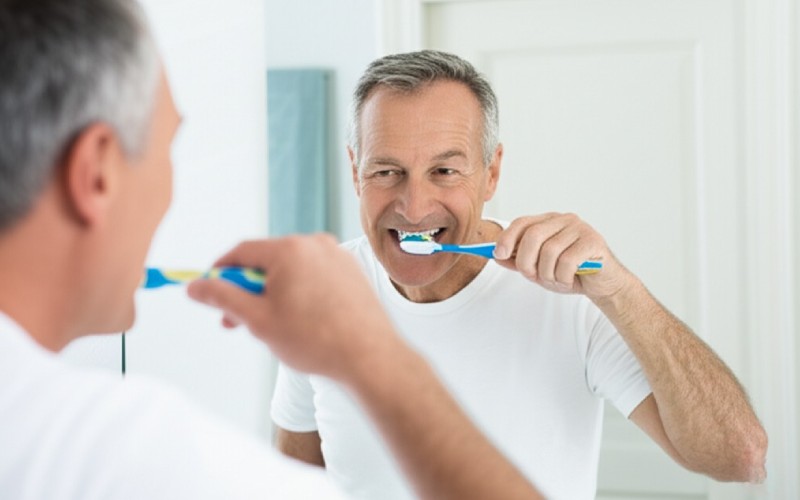
What Can We Do to Help Prevent Tooth Loss in Seniors?
The good news is that we can do a lot! Prevention is the best medicine. It starts with proper oral hygiene. This means brushing your teeth twice a day with a fluoride toothpaste and flossing daily. Fluoride is very important because it helps strengthen tooth enamel and prevent a cavity. Your dentist might also recommend a fluoride rinse or gel, especially if you have sensitive teeth or a dry mouth.
Regular dental visits are a must. Your dental team can spot problems early, before they become a major cause of tooth loss. They can clean your teeth to remove hardened plaque and check for signs of gum disease or oral cancer. For children and some adults, a dental sealant can be applied to the chewing surfaces of back teeth to prevent a cavity. For older adults, it’s about maintenance. You need to avoid tobacco use and limit sugary foods and drinks. It’s never too late to start a good oral care routine to help prevent tooth loss.
Are Dentures the Only Option for a Missing Tooth?
For a long time, if you were an older adult who lost a tooth, a denture seemed like the only choice. And a denture can be a good option for many. A full or prothèse partielle can restore your smile and help you chew better. They have helped millions of people. However, they are not the only option anymore. Dental technology has come a long way.
Today, there are other choices like bridges and implants dentaires. A bridge can fill the gap of a missing tooth by anchoring to the natural teeth on either side. A dental implant is a small titanium post that is placed into the jawbone to act like a tooth root. A crown is then attached to it. Implants feel and function very much like a natural tooth. It’s important to talk to your dentist about all your options. They can help you decide what is best for your health, your lifestyle, and your budget.
How Does Your Overall Health Impact Your Dental Health?
We’ve talked about how oral health affects your body, but it also works the other way around. Your overall health has a direct link to your dental health. For instance, certain chronic diseases increase the risk of oral problems. As we discussed, diabetes can make you more likely to get gum disease. Other conditions, like osteoporosis, can weaken the jawbone and lead to tooth loss.
Many medications that older adults take for various health conditions can cause dry mouth. Saliva is your mouth’s natural defense. It washes away food particles and neutralizes acids. Without enough saliva, your risk for a cavity and infection goes way up. It’s important to tell your dentist about all your health conditions and any medication you take. This helps them understand your specific risk factors and create a care plan to protect your teeth. A healthy body helps support a healthy mouth.



